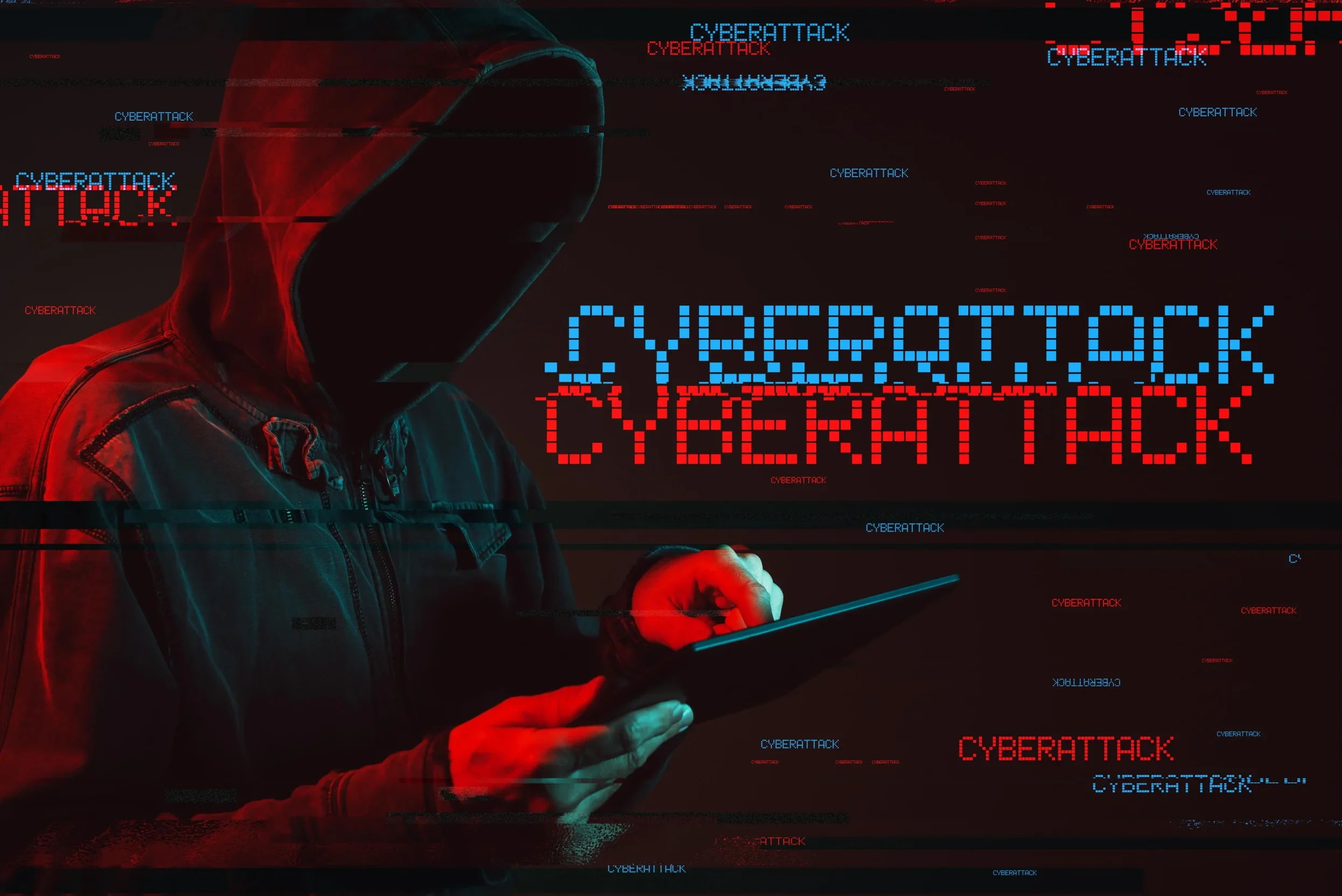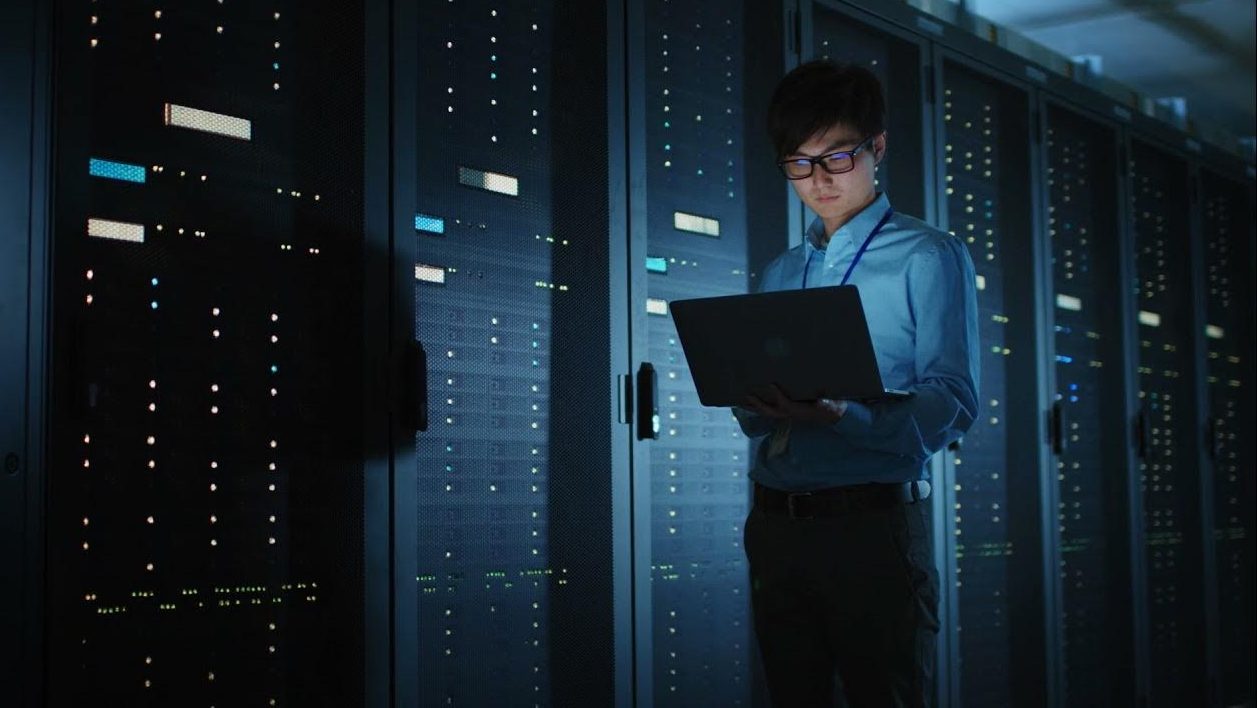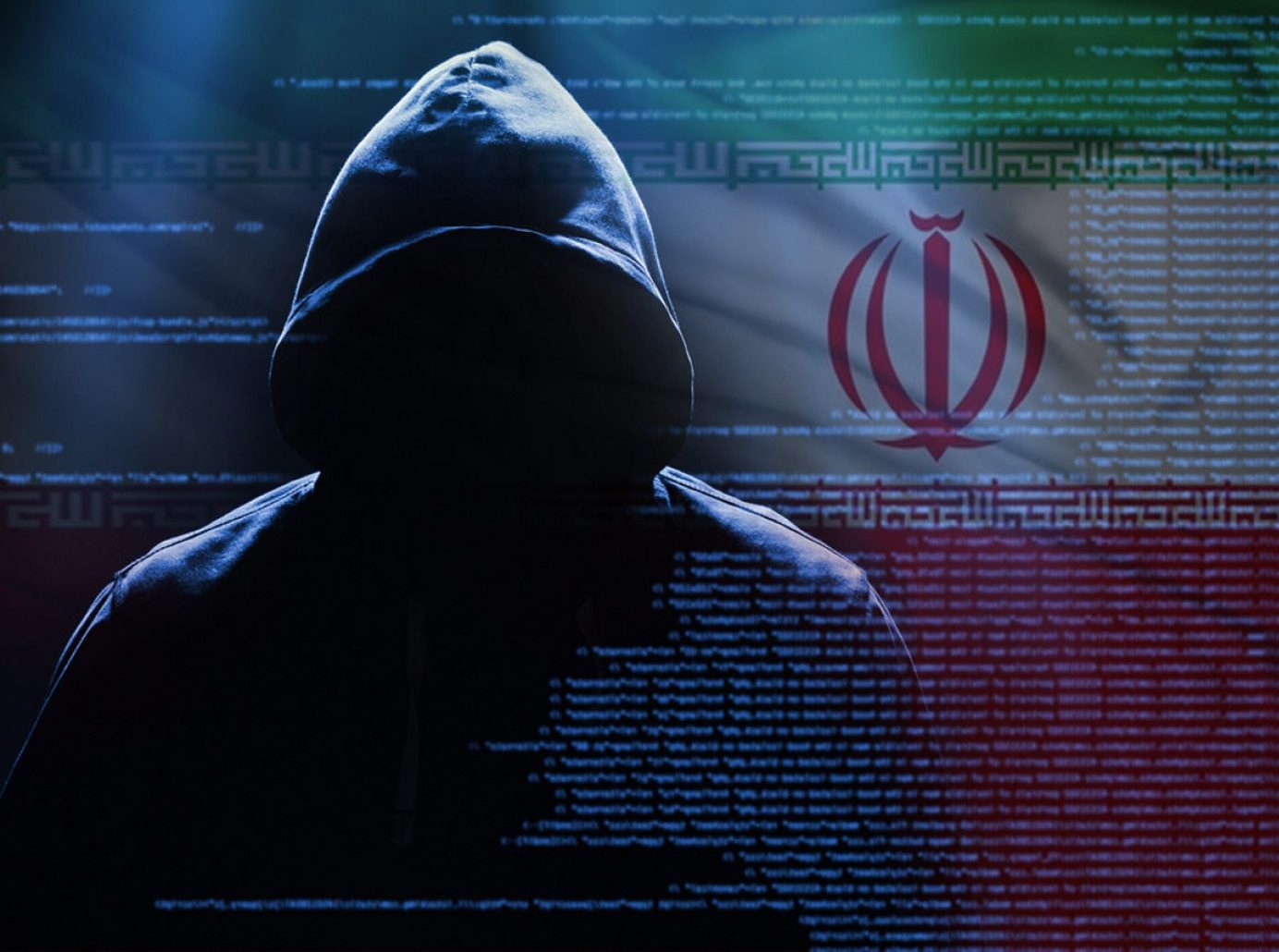The biggest cryptocurrency exchange in Iran, Nobitex, was the victim of a serious and concerning breach in the Nobitex crypto hack which hackers stole and essentially destroyed digital assets valued at almost $90 million. This attack has shocked the global financial and cybersecurity community and is one of the most significant cyber incidents in the Middle East’s bitcoin space.
Cyberattacks Target Iran’s Finance
 Iran, facing long-standing international sanctions, has increasingly relied on cryptocurrency for trade, with Nobitex as its main exchange. Nobitex crypto hack.k Recently, hackers targeted Nobitex not to steal but to destroy assets, indicating a broader geopolitical conflict, likely linked to tensions with Israel over Iran’s nuclear program. The Predatory Sparrow hacker group has claimed responsibility for attacks on Nobitex and Bank Sepah, highlighting a coordinated cyber effort to destabilize Iran’s financial system.
Iran, facing long-standing international sanctions, has increasingly relied on cryptocurrency for trade, with Nobitex as its main exchange. Nobitex crypto hack.k Recently, hackers targeted Nobitex not to steal but to destroy assets, indicating a broader geopolitical conflict, likely linked to tensions with Israel over Iran’s nuclear program. The Predatory Sparrow hacker group has claimed responsibility for attacks on Nobitex and Bank Sepah, highlighting a coordinated cyber effort to destabilize Iran’s financial system.
Bitcoin Exchanges Under Threat
Significant weaknesses in the bitcoin ecosystem are brought to light by this occurrence, especially for exchanges that operate in geopolitically sensitive areas. Because of the great liquidity and anonymity of digital assets, cryptocurrency exchanges continue to be popular targets for hackers, even with the implementation of numerous security features like cold wallets and multi-signature approvals.
Furthermore, the instance of Nobitex highlights the rising tendency of politically motivated cyberattacks against financial infrastructure, in which the attackers are more concerned with causing harm or conveying political statements than they are with making money. The destruction of assets valued at $90 million through the use of “burn addresses” is a novel strategy that might lead to comparable acts in other conflict areas.
Exchanges need to strengthen their defenses by using more sophisticated intrusion detection systems, ongoing monitoring, and quick incident response procedures, according to cybersecurity experts. Anticipating and preventing such sophisticated attacks also requires international collaboration and information exchange.
Iran Faces Crypto Crisis
Crypto Exchanges Face Cybersecurity Risks
 The attack on Nobitex should serve as a warning to exchanges that operate in geopolitically volatile areas. These platforms may unintentionally become involved in international conflicts due to the growing entanglements between Bitcoin and cyberwarfare.
The attack on Nobitex should serve as a warning to exchanges that operate in geopolitically volatile areas. These platforms may unintentionally become involved in international conflicts due to the growing entanglements between Bitcoin and cyberwarfare.
Exchanges will need to make significant investments in cybersecurity, have backup plans for handling emergencies, and communicate openly with consumers about risks and safeguards if they want to endure and prosper. Furthermore, by lowering the possibility of politically motivated attacks, international standards for digital asset security may contribute to the development of a safer environment for cryptocurrency trade.
Governments and international organizations must simultaneously strike a balance between the advantages of cryptocurrencies in fostering innovation and financial inclusion and the dangers associated with their abuse in cyberwarfare and sanction evasion.
Cryptocurrency Exchanges Under Siege
A clear reminder of how cryptocurrencies, despite being revolutionary in finance, are becoming more susceptible to abuse in the midst of geopolitical unrest is the $90 million cyberattack on Iran’s Nobitex cryptocurrency exchange. The attack is elevated from a criminal occurrence to a strategic strike in an ongoing clandestine conflict due to the involvement of a politically motivated cyber organization that appears to have state support.
The Nobitex event highlights the pressing need for improved security procedures, global collaboration, and careful regulation as cryptocurrencies continue to become more widely used globally. Digital asset platforms have the potential to turn into battlefields in larger geopolitical conflicts in the absence of these safeguards, which might have serious political and financial repercussions.
As it negotiates the intricate nexus of finance, technology, and geopolitics in the digital era, the international community needs to be aware of this breach.



